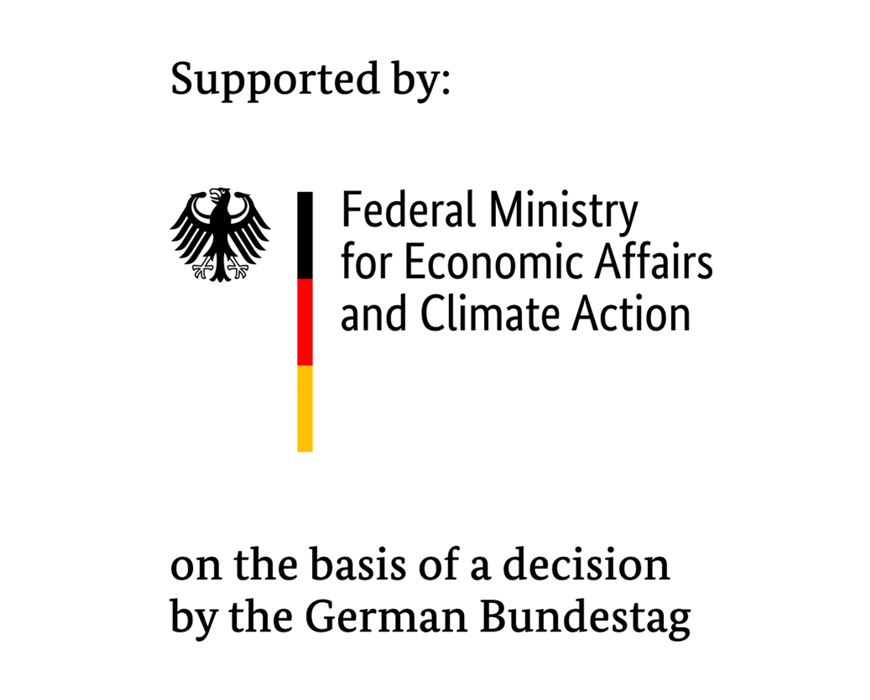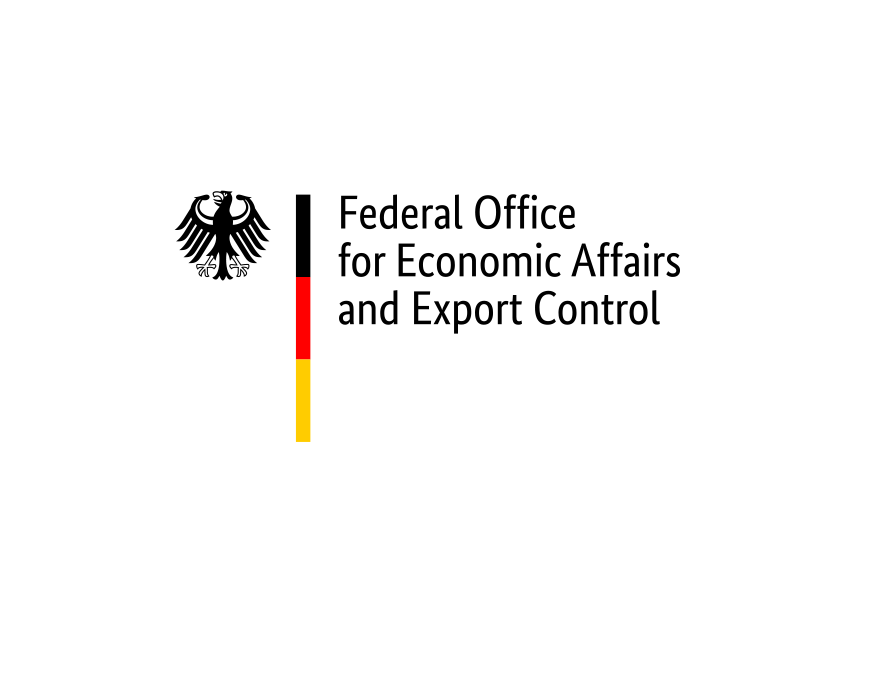At a glance
- The phase-out of coal-based power generation is having a massive economic impact on the coalfields in Germany. Hydrogen presents an opportunity to utilize the structural change to develop new processes and business models, but knowledge, experience, and mature technologies are still lacking.
- The ONTOHY research project has set itself the goal of creating a digital, continually growing data and knowledge collection for the topic of hydrogen and making it available to SMEs in particular.
- The collection will be based on results and analyses from scientific work along the entire hydrogen value chain.
The challenge
The phase-out of coal-based power generation sees the coalfields in Germany faced with major challenges. For the Lusatian coalfield alone, it can be assumed that at least 20,000 jobs linked to brown coal, and thus a considerable share of the value creation, will be affected. As such, it is essential to reposition Lusatia for the future and to expand and develop existing and new economic sectors as well as to further develop Lusatia’s general orientation from an energy region into an innovation region. The future topic of hydrogen offers an enormous opportunity here, but the knowledge and experience required for introducing new technologies and developing business models are still lacking. At the same time, many hydrogen technologies are still in the prototype phase or have only reached a low to medium level of technology maturity. Central components are manufactured using factory-like production processes.
The solution
The ONTOHY research project is making a key contribution to addressing the technical challenges and obstacles in this segment as well as offering market-appropriate solutions for a Lusatian and also a national and a European hydrogen economy in the future. The aim is to develop and expand a holistic structure for the continuous knowledge and technology transfer of applied hydrogen technologies.
A digital, continually growing data and knowledge collection or competence platform will be created and developed as a central tool for such a structure. This will be based on results and analyses from comprehensive methodological, large-scale experimental, and simulative work along the entire hydrogen value chain as well as empirical data from business activities in the industry.
Among other things, Fraunhofer IWES and Fraunhofer IWU will be making the infrastructure for the data collection and testing of H2 technologies available with the Hydrogen Lab Görlitz (HLG). These system tests are the key to transforming hydrogen systems from a prototype status to being ready for series production in the MW range and testing the industrial production of hydrogen technologies – including a circular economy.
The added value
ONTOHY is creating a digital, continually growing data and knowledge collection for SMEs in Lusatia and beyond. Its tools, also known as ontologies, will present and transfer knowledge about applied hydrogen technologies in digital form. The resulting competence platform will enable companies to test, develop, verify, and integrate their products into the hydrogen cycle precisely using technical, economic, and ecological data.

